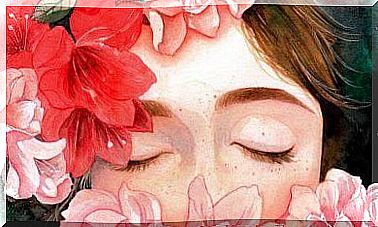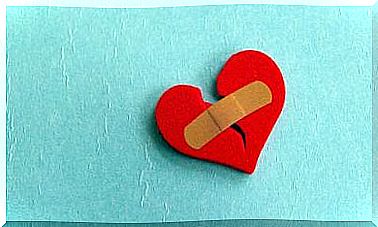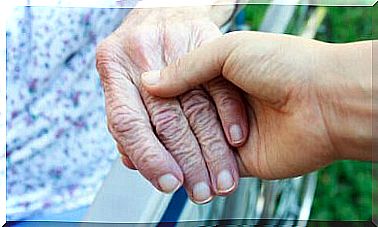What Has Science Discovered About Love?

Most of us learn the meaning of love through personal experiences, in family or with others, but we also incorporate many ideas or concepts about love from other sources. For example, we are constantly receiving stereotypes about love through soap operas, movies or songs about the theme.
In general, these sources of information have some things in common: on the one hand, they speak of love as the exclusive terrain of an individual, the closest beings and the loved ones; on the other hand, they expand the experience in time as something lasting, eternal, lived “forever”.
Now, going to the scientific field, Barbara Fredrickson (Professor of Psychology and Director of the Laboratory of Positive Emotions and Psychophysiology at the University of North Carolina at Chapel Hill) explains that, according to studies in positive psychology, we must see love beyond the optics of the “romance”, as a sum of micro-moments of connection with other people.
From this point of view, love is a micro-moment that develops mainly in the brain, in which two people establish a special connection. It is a group of neurons that, for an instant, are reflected in those of another nearby brain, producing substances in the body that arouse feelings of well-being and the desire to generate well-being in another person as well.
Looking at love in this new light, and very briefly, we can make some statements about true love and what it generates in us:
The micro-moments of love are not exclusive to a single person
We tend to believe that the most common and truest thing is to love a single person, but research suggests that these moments when one brain communicates with another, or with more than one at a time, exist among human beings in general and do not they are restricted to living them with one individual. If we believe in this ability, we can live love as a general quality that connects us with the rest of humanity.
A couple share thousands of micro-moments during their relationship
Although we are able to experience this emotion with many other people, we can decide to have a relationship with someone special. Between this someone and ourselves, there must be thousands of micro-moments that can be fostered and revived, which will give constancy and durability to the relationship.
love starts in the look
Eye contact is critical for the neural connection necessary for love to take place. In societies where this contact or form of relationship is avoided, there is a lot of individualism and coldness. Looking into the eyes is essential to generate loving and friendly relationships between individuals.
The love will make you live longer
There is a physiological connection between the heart and the brain, called the vagus nerve, which benefits greatly from the experiences of the micro-moments of love. Those able to increase their moments of love live longer and healthier due to the chemical substances exchanged during them.
Being healthier will make you love more
In fact, the relationships go both ways. Physically healthy people are better able to establish micro-moments of love with those around them. People are able to produce a virtuous circle of health – love – health that leads to the ability to enjoy life more fully.
Many people hold the widespread belief that we connect with others and love them “without a reason”, because as Blaise Pascal puts it, “ The heart has reasons that reason does not know ”. However, it is very interesting to know what science is beginning to unravel about love. With these discoveries, we know an unconventional view that breaks with traditional preconceptions, romantic and limited ideas of love, this great unknown.
More information about Barbara Fredrickson and her book Love 2.0 at: http://www.positivityresonance.com.









